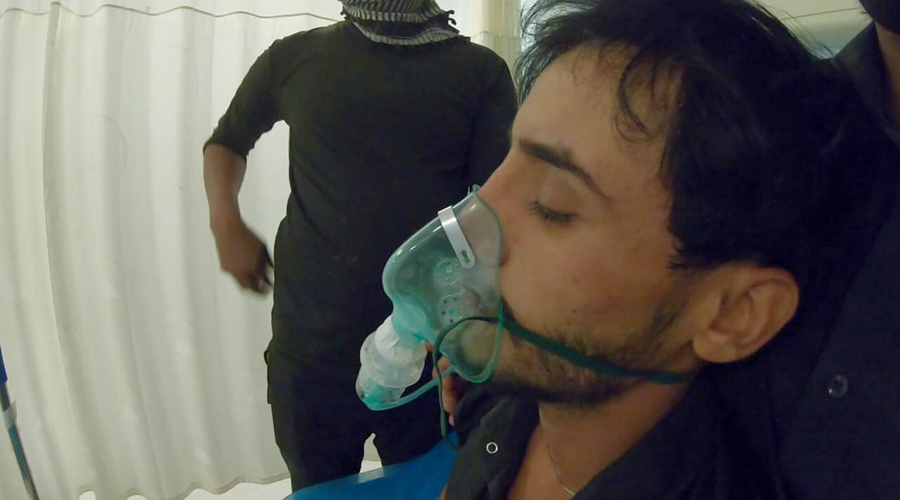The Kirkuk health department announced the success of the dust prevention plan and emphasized that 700 people who had visited hospitals due to the effects of the dust were rescued from suffocation.
In the past two days, a wave of heavy sandstorm covered the Iraqi provinces, causing a public holiday in most provinces, flights were halted and final exams were postponed in various educational institutions, including Kirkuk province.
The surgery and emergency medical services of the Kirkuk health department announced Tuesday that they have saved the lives of 700 people from suffocation in the past two days, a statement issued by the Kirkuk health department posted on Facebook.
According to the plan, Nabil Hamdi Bushnaq, director of the health department, instructed all health teams to join hospitals, especially health services, including medicines and distribution of preventive supplies and emergency departments, to help the cases of suffocation and asthma.
Diyala, May 15, 2022: The sandstorm was massive in some areas such as Khanaqin district, northeast of Baghdad. Hawre Azad
According to Dr. Ali Hassan Saqi, of the health department of Kirkuk, more than 700 people suffered from asthma and visited hospitals and the medical teams were able to save their lives from death.
The Kirkuk administration has declared Monday and Tuesday as public holidays in all offices in the city, but the holiday did not include hospitals health outlets.
The Kirkuk administration has not reported any death cases due to dust and constantly publishes precautionary measures through social media.
Kirkuk health authorities have asked citizens to wear masks when leaving their homes, wash their eyes regularly, drink more water and close their windows and doors at home and while driving.
Located 238 kilometers north of Baghdad, the oil-rich city of Kirkuk is an ethnically mixed province for 1.7 million Kurds, Arabs, and Turkmen, Muslims, Christians and Kaka'is. It has long been at the center of disputes between Baghdad and the Erbil.
On Monday, a thick cloud of dust enveloped in an orange glow and blanketed many other cities including the Shiite shrine city of Najaf to the south, and Sulaymaniyah in the northern Kurdish autonomous region, AFP correspondents said.
At least 4,000 people were admitted to hospitals needing treatment for respiratory difficulties, said Seif al-Badir, health ministry spokesman, France 24 reported.
It is the eighth dust storm since mid-April and over 20 to hit Iraq in 2022, which has been battered by soil degradation, intense droughts and low rainfall linked to climate change.
The last one earlier this month led to the death of one person, while more than 5,000 cases had to be hospitalized for respiratory problems.





